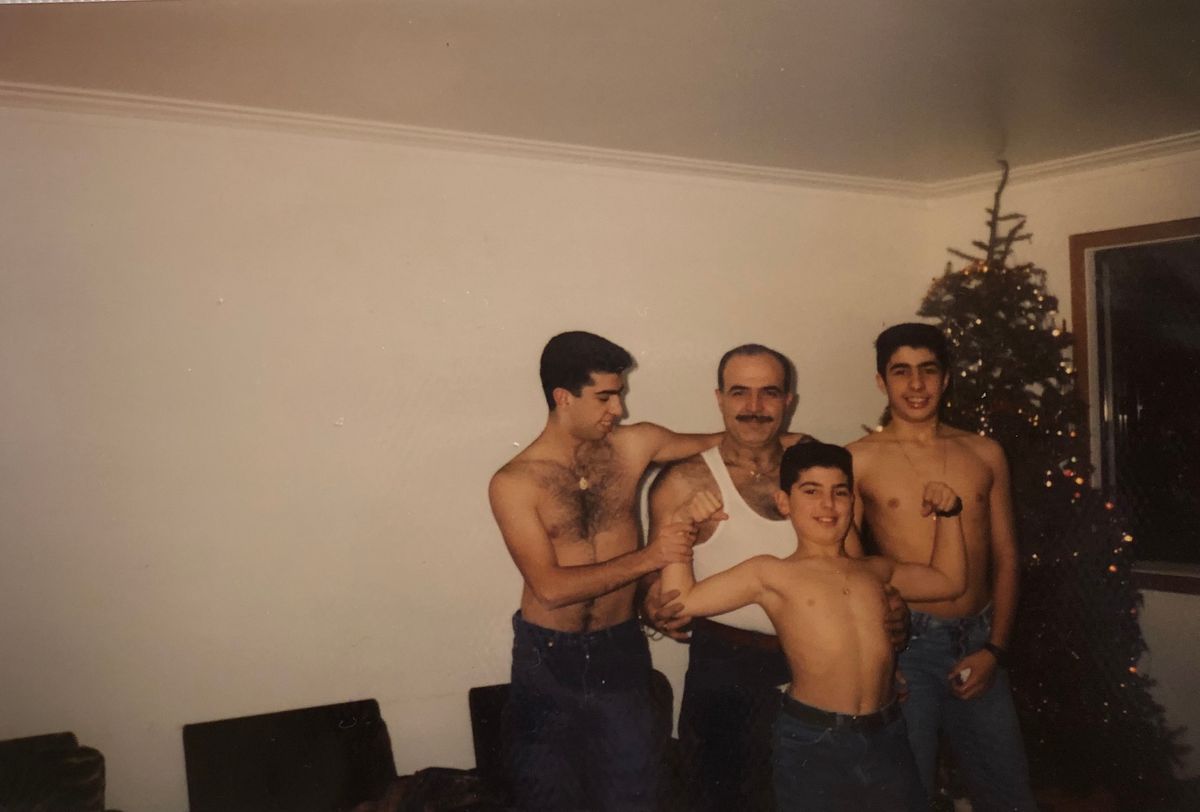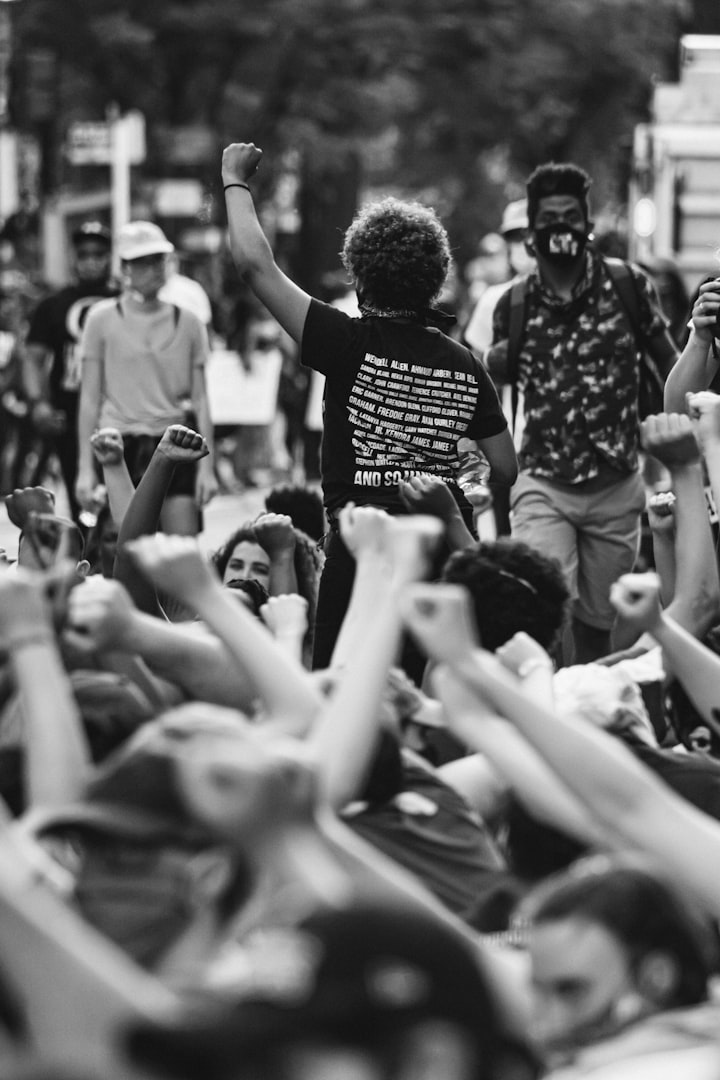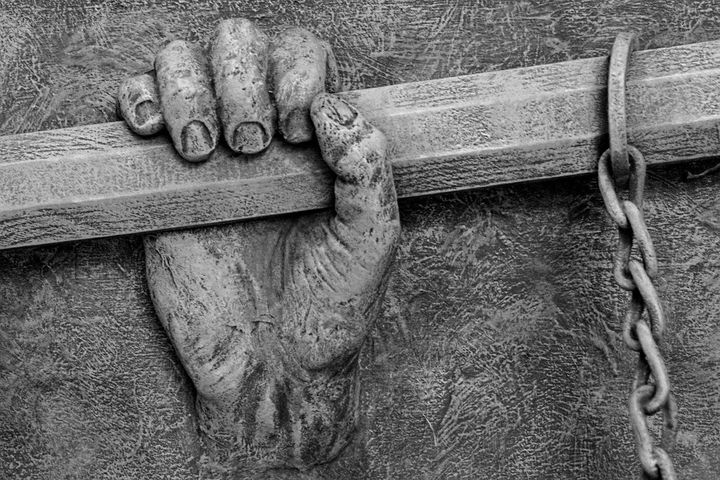Our Gold Chain

I remember picking up a gold chain from my father’s jewelry box. For gold, it felt so delicate, and although small and light, I could feel that it held the weight of the world. “Can I have this?” I asked my dad, and he said yes without hesitation. He got this necklace back in the “old country,” and I could tell by the shape of the pendant hanging from it: it was the map of Lebanon.
For him and for me, Lebanon evokes different feelings. When I ask him if we can travel there, he tells me, “No, we’re not going back.” But when I ask why, he gives me a vague answer: “We immigrated to Canada for a reason; there's no reason to go back.”
In reality, though, I know the true answer: he grew up in war, where the sound of bombs was as normal as the sound of a car passing by; he was practically raised in the basement of his apartment building, the only safe place for shelter. He doesn't want to go back because it was traumatic. I know that it was traumatic. He might have even passed that onto me because when I hear a loud pop or a sudden noise, I fear the worst. It’s almost like an instinct, like a trait so deeply rooted in our nature, so deeply ingrained within us, that we cannot escape it. He never told me to be scared, he never told me I needed to worry about that, it's just a part of me.
But still, I want to understand where I came from.
Sometimes I feel like I can’t connect with who I actually am because I don't even know a whole other side of myself. At the same time, though, my Lebanese roots feel like they are the only thing grounding me. Sometimes, it takes being thrown into an environment so monotonous and boring to realize that you are a lot closer to your roots than you previously thought. When you are described as the “diversity” in your predominantly white school or deemed “different” because of the way you look, you realize that in those people’s eyes, you are someone you thought you were not.
So, you embrace it. It becomes a part of who you are. You are the Lebanese girl with the dark, curly hair, and a gold chain around her neck.
But you ask yourself: Is this truly who I am? You don’t even know the answer, but your thoughts are always lingering. People think you are someone that you wish you were, but who you are not. You want to feel like a “true Lebanese” so badly, but the reality is, you couldn’t be further from it. Your roots hold you down in the ground, but you give them no water to grow, you have no water to give. How can you call yourself Lebanese when you haven’t even experienced being Lebanese? People don’t hear that internal monologue; they just take you for who they think you are.
That’s where the whole predicament begins, whenever someone asks me where I’m from, my answer is always: “I was born in Canada but I’m originally Lebanese.” What does that even mean, though? In those moments, I grab the chain on my neck and become more confused than ever.
I think back to when my dad gave me the chain and wonder why he was so willing to give it to me. Then, I look at pictures of my father in his youth, and I see the chain on his neck. He smiles like the weight of the world isn’t on his shoulders, his pearly white teeth beaming with glee. You can’t even tell what he’s been through.
I wonder if one day, my children will look back on pictures of me and see our gold chain hanging from my neck. I wonder if they will be wearing it on their neck, too, and I hope they see the meaning of it, just like I do. I hope our gold chain, me and my dad’s, will be a part of them too. Maybe that is why he was so willing to give his chain to me, he was ready to let go: he was ready to pass it on to me, he needed to take the weight off his own shoulders. The gold chain that was linking him back to Lebanon, a place of trauma in his eyes, was what I needed to connect to my own identity.
Maybe he knew that.

